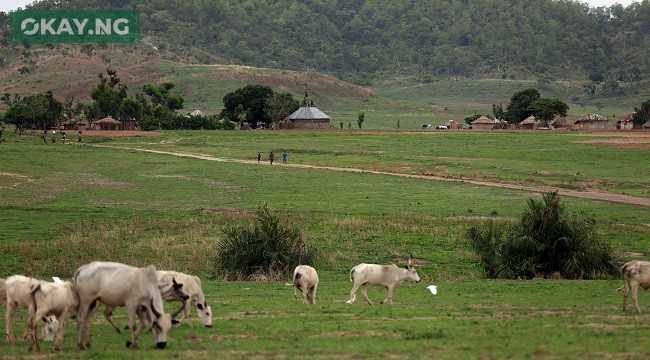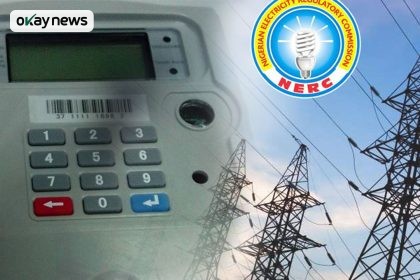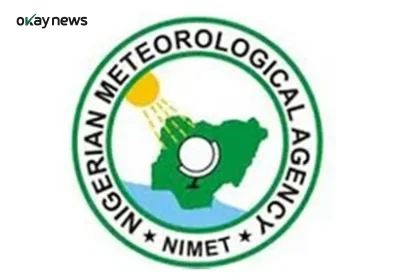The Federal Government of Nigeria has announced a major initiative to transform 417 grazing reserves across the country into modern communities known as Renewed Hope Livestock Villages.
The announcement was made by the Minister of Livestock Development, Idi Maiha, during the signing of a Memorandum of Understanding (MoU) with the Rural Electrification Agency (REA). The agreement will see the REA deploy solar-powered grids to the rehabilitated grazing reserves to ensure reliable power supply.
Maiha lamented that the reserves had been neglected for decades, leaving herders to wander in search of resources. According to him, modernization is now imperative to de-escalate herder-farmer conflicts and promote sustainable livestock production.
“Since coming on board, this ministry has had an extensive tour of the 417 grazing reserves in the country. We have had stakeholder engagement with pastoral communities, traditional rulers, the business community, and I’ve come to the full realization that pastoralism which is being practiced today, or nomadism, is no longer sustainable into the future because of a number of reasons such as climate change and acute competition for scarce resources, and there’s so much demand and expectation for our livestock sector,” he said.
The Minister explained that the new model will include water dams, desilted earth reservoirs for year-round pasture cultivation, schools, healthcare facilities, veterinary clinics, markets, abattoirs, communication infrastructure, and road networks.
He emphasized that the decision to rely on solar power instead of the national grid is a strategic one. “The best way to do it is not to rely on a national grid. We have discovered there is a very competent federal government agency called the Rural Electrification Agency. We had several discussions, and that led into writing up an MoU between them and us, and we have seen the culmination of that relationship, where the MoU has been signed,” Maiha noted.
Pilot projects have already been identified in Wawazangi (Gombe State), Wasem (Plateau State), Gongoshin (Adamawa State), and Ka’u (Bwari Area Council, Federal Capital Territory).
okay.ng reports that the Federal Government believes this initiative will drastically reduce herder migrations, improve security, and integrate herders into broader economic activities.







